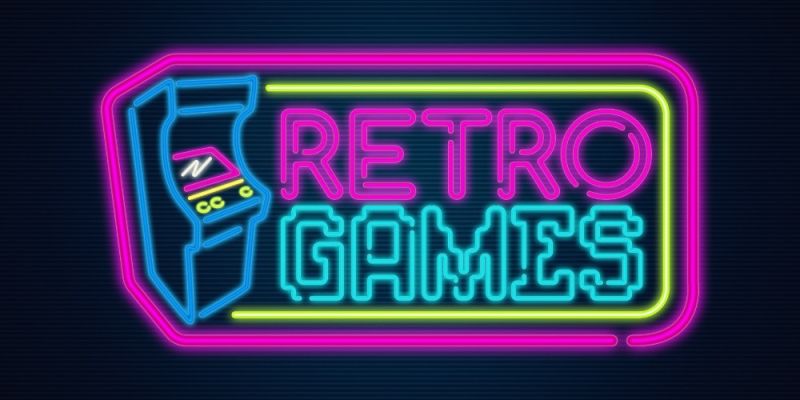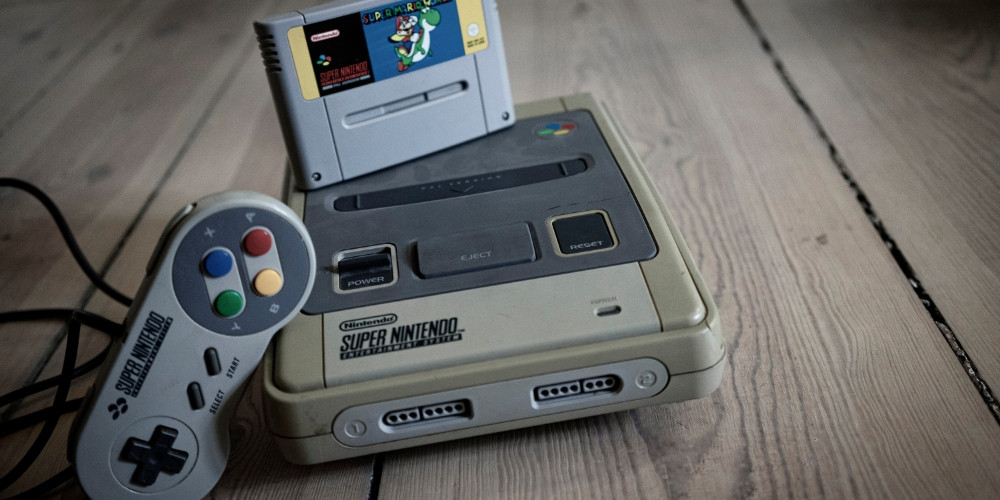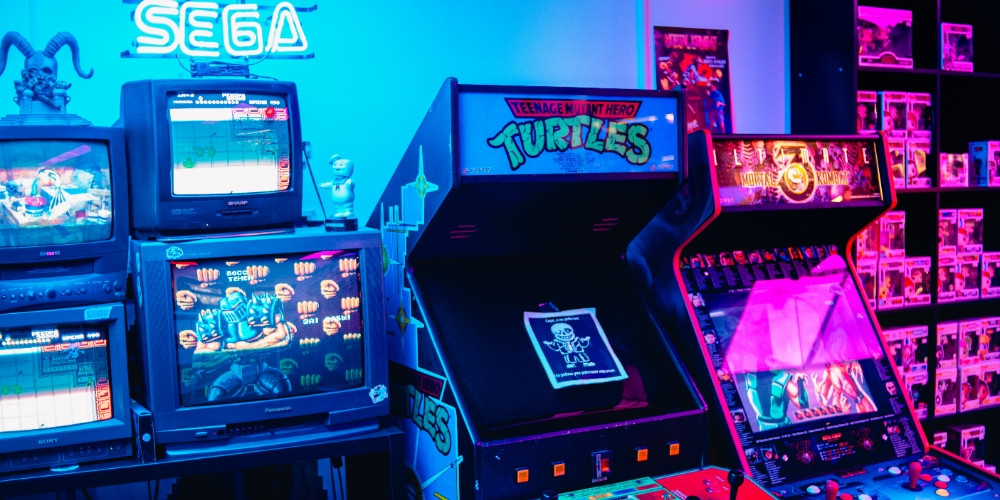Retro Gaming Revival: Nostalgia or Quality Gaming?
- Grace Lee
- February 12, 2024

In recent years, retro games and gaming systems have seen a noticeable resurgence in popularity. This trend has led many to ponder whether the driving force behind this revival is pure nostalgia or if the timeless quality of these games plays a significant role. This exploration delves into various aspects of the retro-gaming crusade to decipher what exactly pulls gamers, new and old, back to the classics.
The Charm of Nostalgia in Gaming
Nostalgia undeniably plays a crucial role in the resurgence of interest in retro games. For many, these games represent a portal to the past, invoking memories of simpler times. Adults who grew up in the 80s and 90s are now re-exploring the games of their youth, often sharing these experiences with their children, thus passing on the legacy. This emotional connection creates a strong pull towards retro gaming, making it more than a simple pastime.

Quality Gaming: A Timeless Appeal
Aside from nostalgia, the inherent quality of many retro games is a significant factor in their enduring popularity. Many classic games were developed focusing on gameplay mechanics, storyline, and challenge rather than on graphics alone. This emphasis on fundamental gaming elements has allowed these games to stand the test of time, offering a gaming experience that remains engaging and enjoyable years after their initial release.
Accessibility and Preservation
The digital age has made accessing retro games easier. Emulators, remasters, and platforms like Nintendo's Virtual Console have introduced these classics to a new generation. This accessibility fuels the nostalgia flame and highlights the quality gameplay of these titles to those who might not have otherwise encountered them. Additionally, the preservation of retro games serves as a historical record of the gaming industry's evolution.
Community and Culture
The retro gaming revival has fostered a vibrant community and culture deeply rooted in a shared love for classic games. Online forums, gaming conventions, and competitive events centered around retro games have sprung up globally, creating spaces for fans to connect, share knowledge, and celebrate their favorite titles. This community aspect adds another layer to the appeal of retro gaming, emphasizing its significance as a social activity.
The Influence of Indie Developers
Indie game developers have played a vital role in the retro gaming revival by creating new titles that homage to classic games' art style, gameplay mechanics, and storytelling. Games like "Shovel Knight" and "Stardew Valley" have successfully captured the essence of retro gaming while incorporating modern design principles. This blend of old and new has introduced the charm of retro gaming to those who may not have a nostalgic connection to the original classics.

Retro Gaming as a Learning Tool
For game developers and designers, studying retro games offers valuable insights into foundational gameplay mechanics and design strategies that remain relevant. By revisiting these classics, developers can draw inspiration and understand what made these games stand the test of time. This educational perspective underscores the importance of retro gaming in the ongoing evolution of video game design.
The Role of Collector Culture
Collecting retro games and gaming systems has become a hobby in and of itself, further fueling the retro gaming revival. For collectors, the thrill lies in hunting down rare titles, original consoles, and unique merchandise. This collector culture contributes to the economic ecosystem surrounding retro games and helps preserve the physical artifacts of gaming history.
Challenges and Criticisms
Despite its popularity, the retro gaming revival faces criticism. Some argue that the industry's focus on the past stifles innovation and detracts from developing new titles and technologies. Others raise concerns about the legality and ethics of emulation and the distribution of ROMs for classic games. These discussions highlight the complex nature of the retro gaming phenomenon, balancing preservation with progress.

Marketing and Commercial Success
The commercial success of retro gaming has not gone unnoticed by the industry. Companies have capitalized on this trend by releasing miniaturized versions of classic consoles preloaded with games, such as the NES Classic Edition and Sega Genesis Mini. These products, marketed with a blend of nostalgia and quality gaming, have been met with enthusiasm, further exemplifying the economic potential of the retro-gaming revival.
Conclusion: A Blend of Nostalgia and Quality
Ultimately, the retro gaming revival is fueled by a potent mix of nostalgia and the timeless quality of classic games. While the warm glow of nostalgia undoubtedly attracts many to these beloved titles, it's their enduring gameplay, storylines, and challenges that keep players engaged. As the digital age offers new ways to access and celebrate these games, the retro gaming phenomenon continues to thrive, affirming the lasting impact and appeal of classic video gaming.















